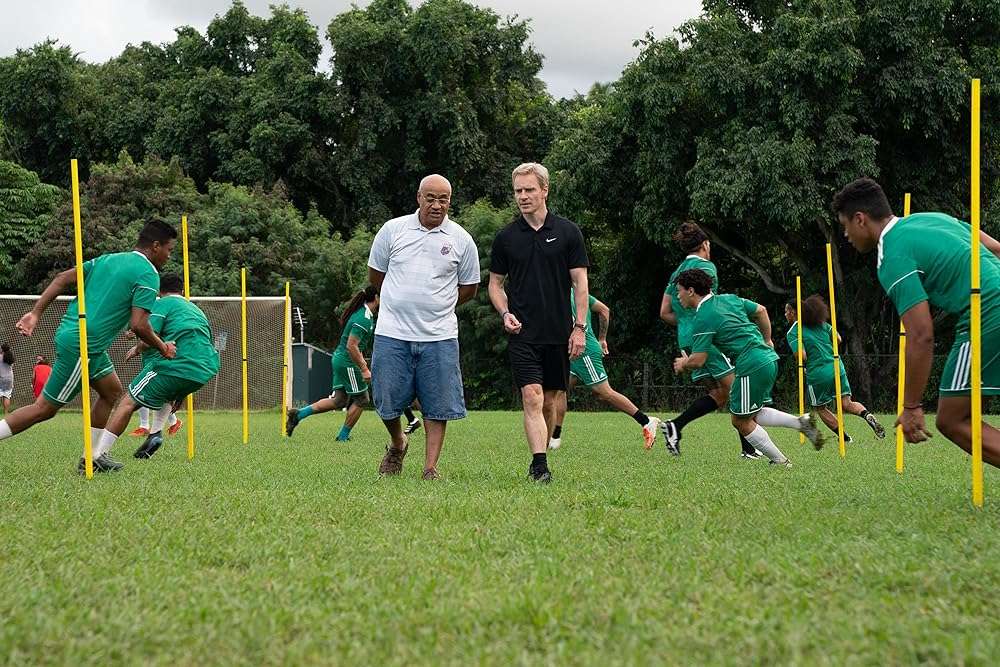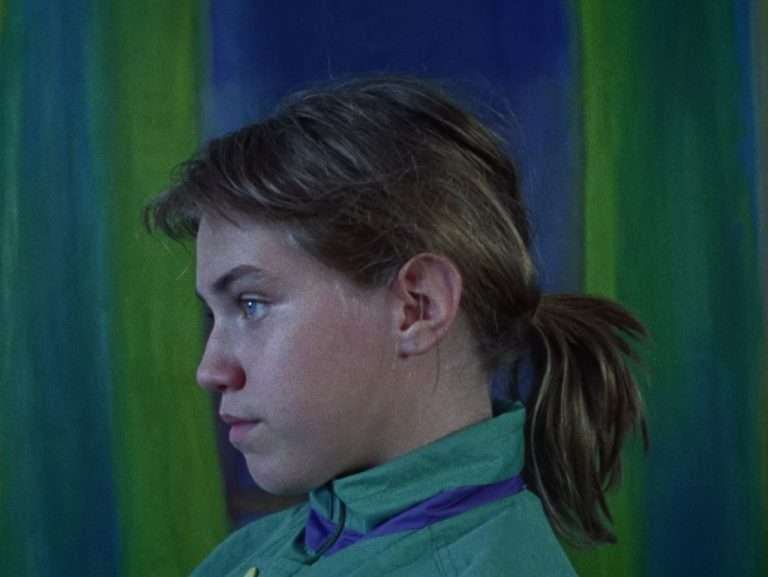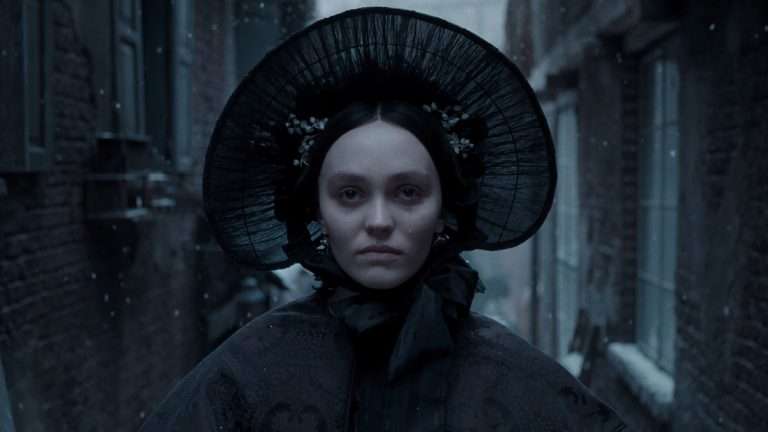Taika Waititi’s “Next Goal Wins” has been a long time coming. Despite its numerous delays and many production issues, the final product is a somewhat charming, decently constructed film, albeit one with little going on beneath the surface. The narrative’s formulaic nature is somewhat disguised by a sense of self-awareness, but that doesn’t stop the story of football coach Thomas Rongen’s (Michael Fassbender) attempts to transform the American Samoa National team into a more professional force from feeling derivative and occasionally lazy in its storytelling.
Taika’s unique brand of oddball comedy is on full display, juxtaposing Rongen’s perspective with that of the large ensemble of New Zealand-born actors who make up the team, serving as an easy vehicle to deliver both fish-out-of-water gibes and jokes at the expense of the often infantile players. This is where much of the film’s problems lie, however. There are laughs to be had, yet Taika and co-writer Iain Morris’ comedy aims for such a broad audience that it lacks the specificity required to be continuously funny. The jokes feel obvious, and the film’s punchy, almost Marvel-esque style of humor prevents it from ever becoming truly absorbing.
Taika’s style may have been a breath of fresh air a decade ago, but in 2023, it’s unfortunately doing nothing new and lacking the ambition to be distinct or memorable. In parts, the comedy is also a detriment to characterization, as cheap punch lines take precedence over real moments of character development. The ensemble, in particular, feels less like a group of fleshed-out individuals and more like a composite character of copy-and-pasted personality traits. Their role as the butt of jokes never transforms meaningfully through the narrative, extending the problem of the ropey and undeserved emotional climax. The comedy is well delivered, but Taika’s relentless style, barraging the audience with joke after joke, sours any investment we might have had in the team’s third-act reversal of fortune. It is impossible to feel any sense of alignment with characters who are only presented as comic cut-outs.

This problem is counteracted somewhat by a surprisingly compelling core relationship between Fassbender’s Rongen and the brilliant Kaimana as Jaiyah Saelua, the first transgender player to ever compete in a World Cup match. The relationship sheds light on fa’afafine people, those in American Samoan culture who identify as non-binary and allows for a debate about the role of trans athletes in sports. However, this subplot feels a little divorced from the main thread of the movie, a tacked-on piece that, whilst refreshing, does little to aid the rest of the narrative. Other elements also suffer from a similar problem, though, with the roles of Elisabeth Moss and the re-cast Will Arnett never operating outside of Rongen’s development to become interesting characters themselves.
The pace grinds to a halt whenever the focus isn’t on the team. Everything outside this narrative throughline is bland and uninteresting, with every performer lacking energy, emphasized by the sharp contrast from the exuberant ensemble. Fassbender works in both more serious and absurd elements, but I never felt him bridging the gap between tones. Instead, Rongen comes across as a different character depending on whom he interacts with in the scene. The film suffers from substance issues, as most elements could be construed as merely padding runtime. At only 103 minutes, the film isn’t the breezy watch you might expect and rather drags for much of its length.
The film carefully averts the white-saviour nature of the story through its self-awareness. Gibes are dished out evenly amongst the Samoan ensemble and the white cast. But this self-awareness becomes tiresome after a while, as the film serves as nothing but a surface-level criticism of these kinds of stories, never deconstructing how such narratives further stereotypes. Thus, the film arrives as simply another slightly problematic depiction of a different culture as infantile rather than achieving its clear goal of subverting this trend.
“Next Goal Wins” once again proves Taika is a competent comedic director. Whilst hit or miss at times, his quick-witted, non-stop writing style means there will be at least a few jokes that land well with audiences. Similarly, the premise itself is enough to maintain some sense of investment, and the film is at least endearing in parts thanks to the New Zealand ensemble with whom Taika feels at home directing. Yet these elements do not service the creation of a complete package. Lacking in any ambition, “Next Goal Wins” is too safe, aiming at too broad an audience to say anything meaningful or even warrant its existence. Far from terrible and a decent flick to watch with the family over the Christmas period, given its universal appeal, “Next Goal Wins” is nonetheless a movie you’re unlikely to ever think about again once the credits roll.


![The Match Factory Girl [1990] Review – A devastating cultural portrait](https://79468c92.delivery.rocketcdn.me/wp-content/uploads/2020/06/The-Match-Factory-Girl-1990-768x413.jpg)


![Tokyo Godfathers [2003]: A Richly-Textured Christmas Dramedy](https://79468c92.delivery.rocketcdn.me/wp-content/uploads/2015/12/tokyo-godfathers-2-1024x554.jpg)
![The Disaster Artist [2017]: Filling the Hollow](https://79468c92.delivery.rocketcdn.me/wp-content/uploads/2019/02/the-disaster-artist-768x432.jpg)
